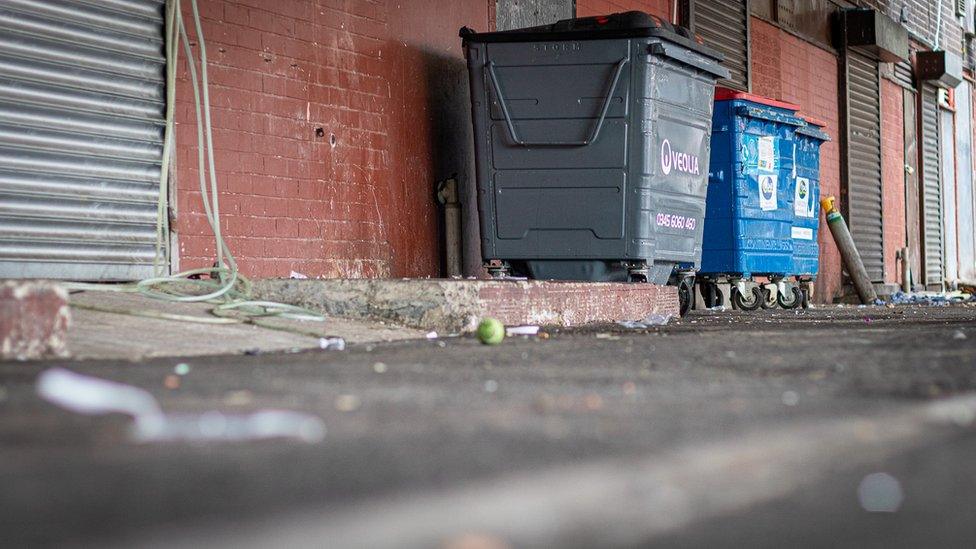Middlesbrough heroin injection scheme to be extended
- Published
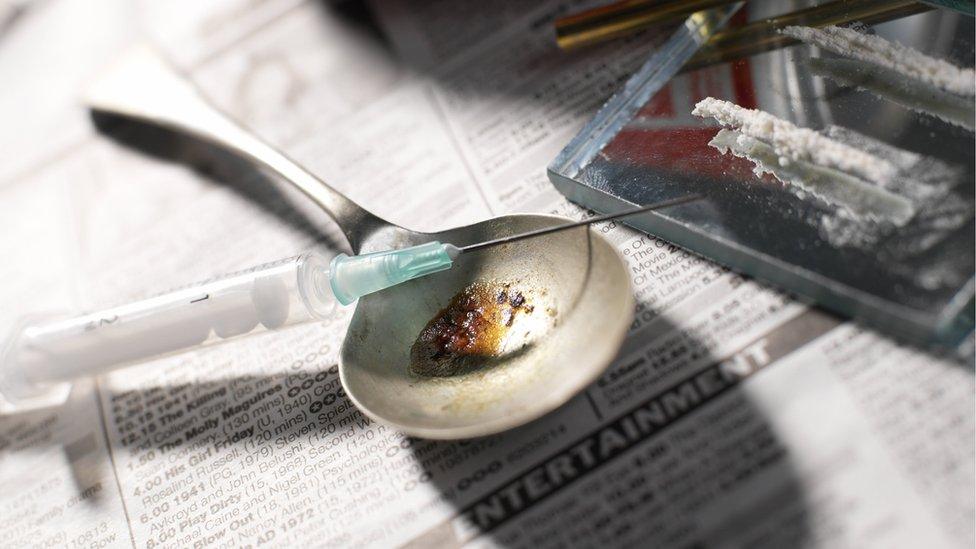
Those taking part in the scheme are high risk addicts who commit crime to fund their drug use and for whom other treatments have not worked
A pilot scheme which gives supervised heroin injections to addicts has been extended for a further year following "promising results".
The heroin assisted treatment programme, based in Middlesbrough, focuses on high risk addicts who are committing crimes to pay for drugs and for whom other treatments have failed.
Six have completed 29 weeks of the course with four not reoffending.
The scheme is part-funded by the proceeds of crime.
Before joining the programme, the six individuals were said to be responsible for 541 recorded crimes at an estimated cost to the public purse of £2.1m.
Since the pilot launched in October, 13 people have joined up to it.
Six have completed 29 weeks, two joined later and are still receiving treatment and five have dropped out or had their participation suspended.
The extension will begin in October and will treat up to 15 people, the Local Democracy Reporting Service said.
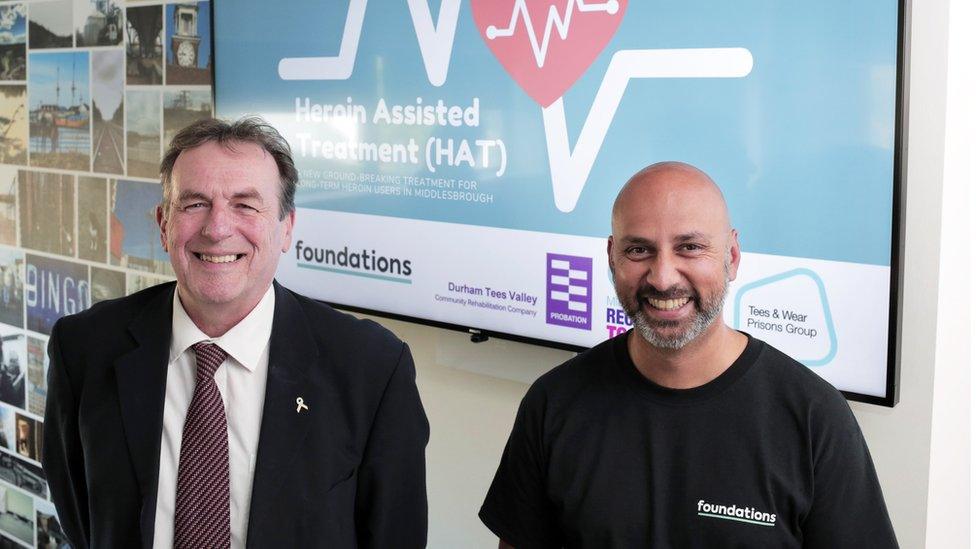
Barry Coppinger and Danny Ahmed said they are seeing positive results
The cost of providing diamorphine to one person on the scheme is about £12,000 a year, although there are other costs incurred in terms of staffing, equipment and administration costs.
Cleveland Police and Crime Commissioner Barry Coppinger has provided £288,000 from Proceeds of Crime funds for the second year, while the Durham and Tees Valley Community Rehabilitation Company has agreed to contribute £50,000.
Mr Coppinger said: "The latest analysis suggests the pilot has delivered very promising results and so it was very important we find the funding to continue.
"We should not forget we are talking about entrenched users who have been on a cycle of committing crime to fund addiction for more than 20 years.
"Prison, increased sentencing, police crackdowns and all other efforts to break that cycle have failed."

Follow BBC North East & Cumbria on Twitter, external, Facebook, external and Instagram, external. Send your story ideas to northeastandcumbria@bbc.co.uk, external.
- Published24 February 2020
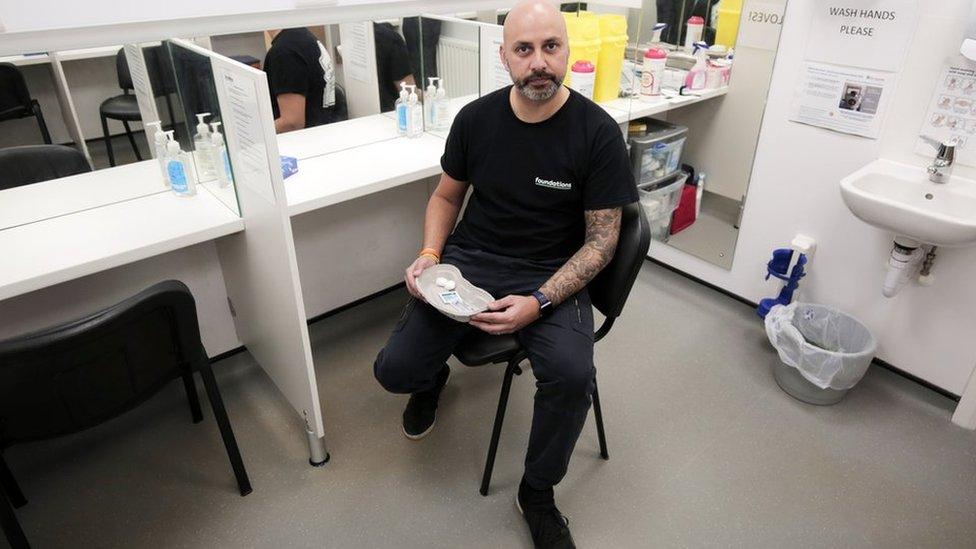
- Published9 October 2019
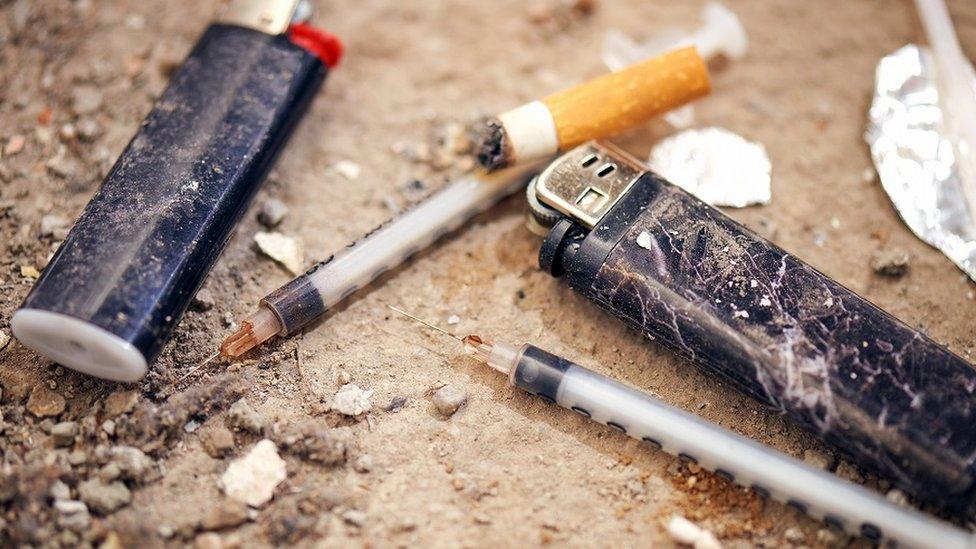
- Published1 July 2019
